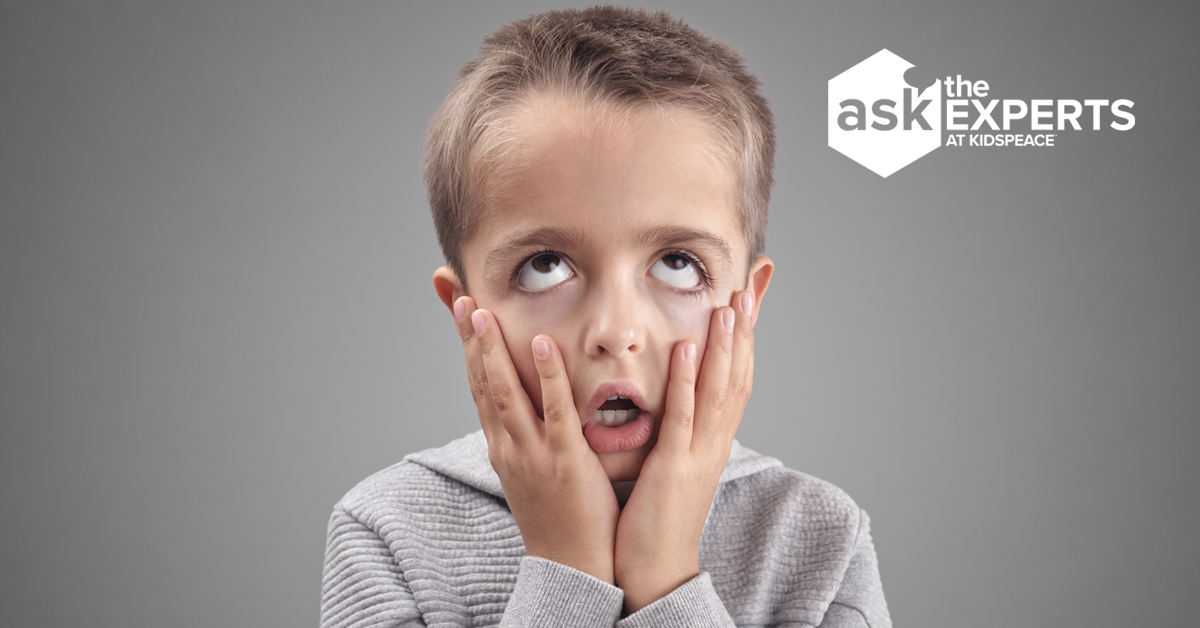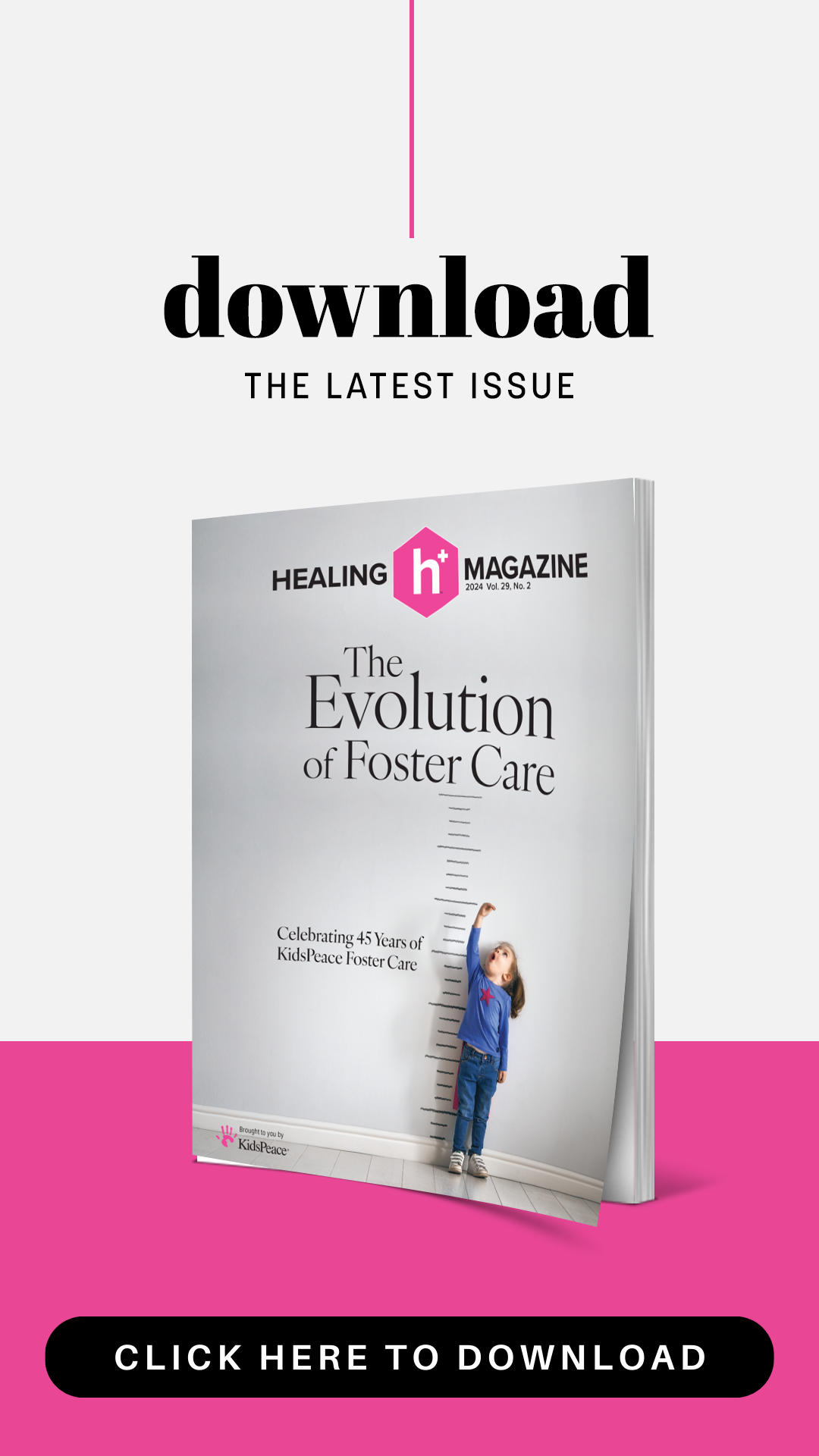
We asked Dominick DiSalvo, KidsPeace’s corporate director of clinical services, his thoughts on the following question:
Given the pressures on young people from the COVID-19 pandemic, what signs should parents watch for in terms of depression or anxiety in their kids?
As a parent of two young children during the COVID-19 pandemic, I like many others felt our realities change in very dramatic ways. Most families develop their “routine” based on the “constants” that are in our lives (i.e., school, work, family, friends), but very quickly those constants vanished. What was “normal” quickly became an afterthought and what we as parents are left with was a “new normal.”
Thoughts and behaviors will be different during this time, which is OK; however, when these differences become more extreme, that’s when there may be a problem.
Here are some signs that parents should look out for that would tip the scales towards needing to ask for help.
- Children who are overly concerned with the health and welfare of loved ones, such as asking daily if their family will die.
- Children that are following parents around into each room, and would begin to tantrum if not in the same room for more than a minute or two
- Children that avoid all the activities that they once enjoyed
- Children that have a significant increase of tantrums or meltdowns
- Children’s normal sleep patterns significantly change (more than an hour or two)
- Children’s eating patterns significantly change (always asking for more food, or refusing to eat)
To limit the impact of anxiety and depression during this times, the best things to do involve creating a NEW “new normal.” We have to adjust and expect that our children will create their new normal as well. We should look to develop new routines that help to minimize the unknown and create an understanding of what will come next. We should check in more frequently, while listening and watching for early signs of anxiety for your kids (some will bite their nails, while others will tap their legs more, for example). Seeing the signs early can help mitigate effects long-term. We can keep in touch with our support networks, and help our youth do the same. We can create plans for the future both for later today and for weeks from now. Children looking to the future are more likely to feel they have a future to look forward too.
Ultimately the best advice that I could give is to be yourself, live in the now, and model the behaviors you are asking for from your kids. If you feel you will get through this and will have a good future, that will help your children feel the same.
Across KidsPeace’s mental and behavioral health and foster care operations in eight states, our dedicated associates serve thousands of children and families every day. But they can’t do it without your support. Please make a donation today – go to www.kidspeace.org/coronavirus-response-at-kidspeace for more information.



